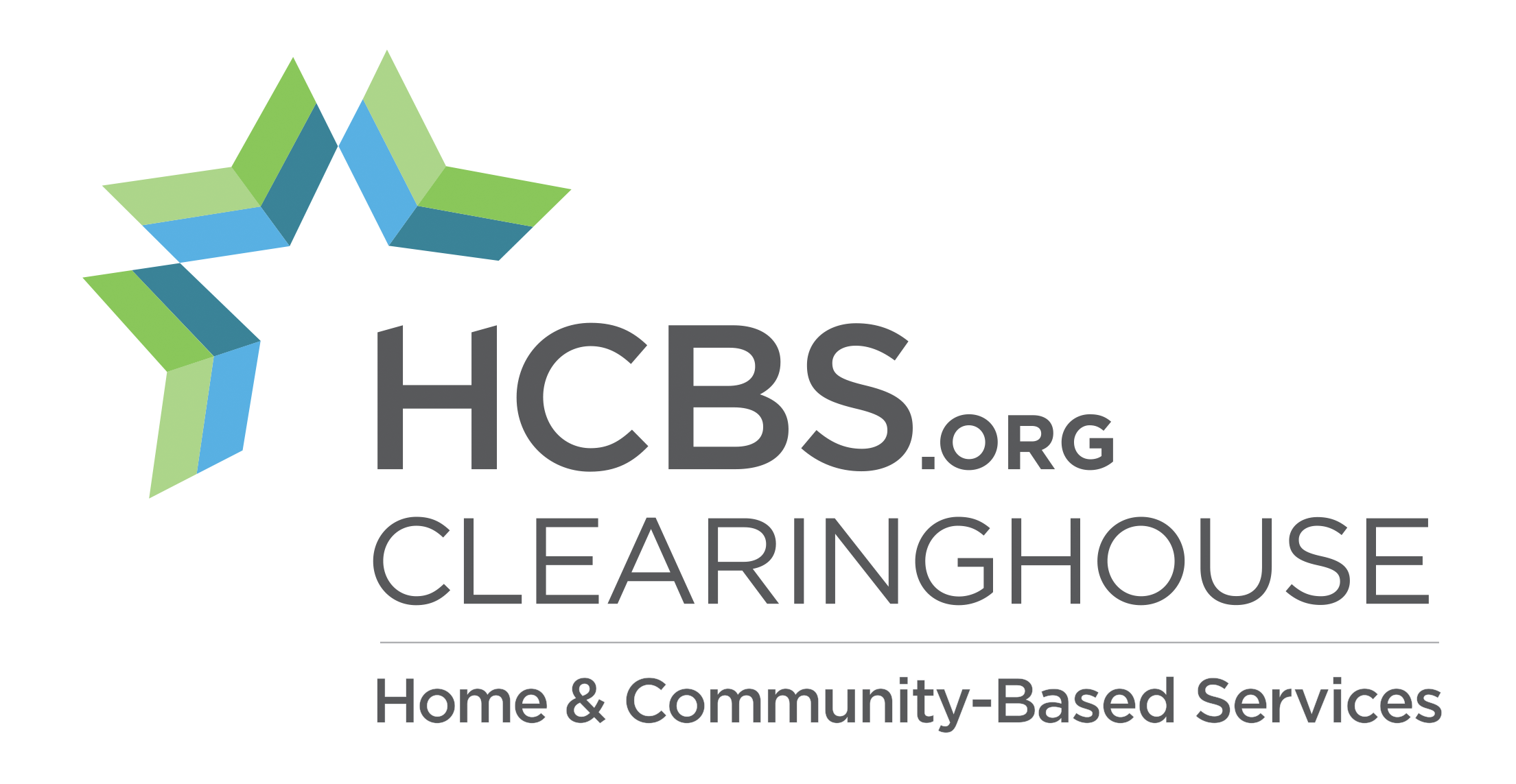
Disability Etiquette - Florida
Article Publication Date
Summary
It’s not just a matter of semantics or being “politically correct”. The language we use reflects how we feel about disability. The words you use can create either a positive view of people with disabilities or it can reinforce common myths. In this training document developed as part of Florida’s MIG grant program, communicating with people with disabilities is discussed in-depth and could be applicable to employers and service providers alike.
Topics
Types/Tools
Sources
Florida
Programs/Initiatives
States
Keywords
Negative Phrase; Affirmative Phrase; The Ten Commandments of Communicating with People with Disabilities; Blind; Deaf; Persons of Short Stature; Autism; Asperger Syndrome; Tourette Syndrome; Cerebral Palsy; Developmental Disabilities; Hidden Disabilities
Contact
The MIG
Team
NULL
TheMIGTeam@ascellon.com
Phone
240-487-3032

